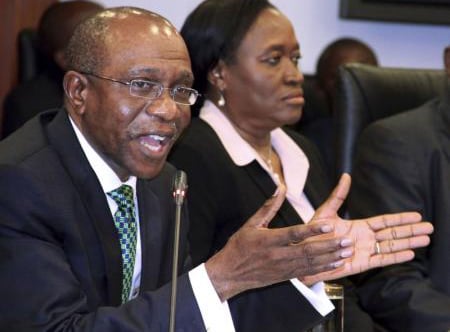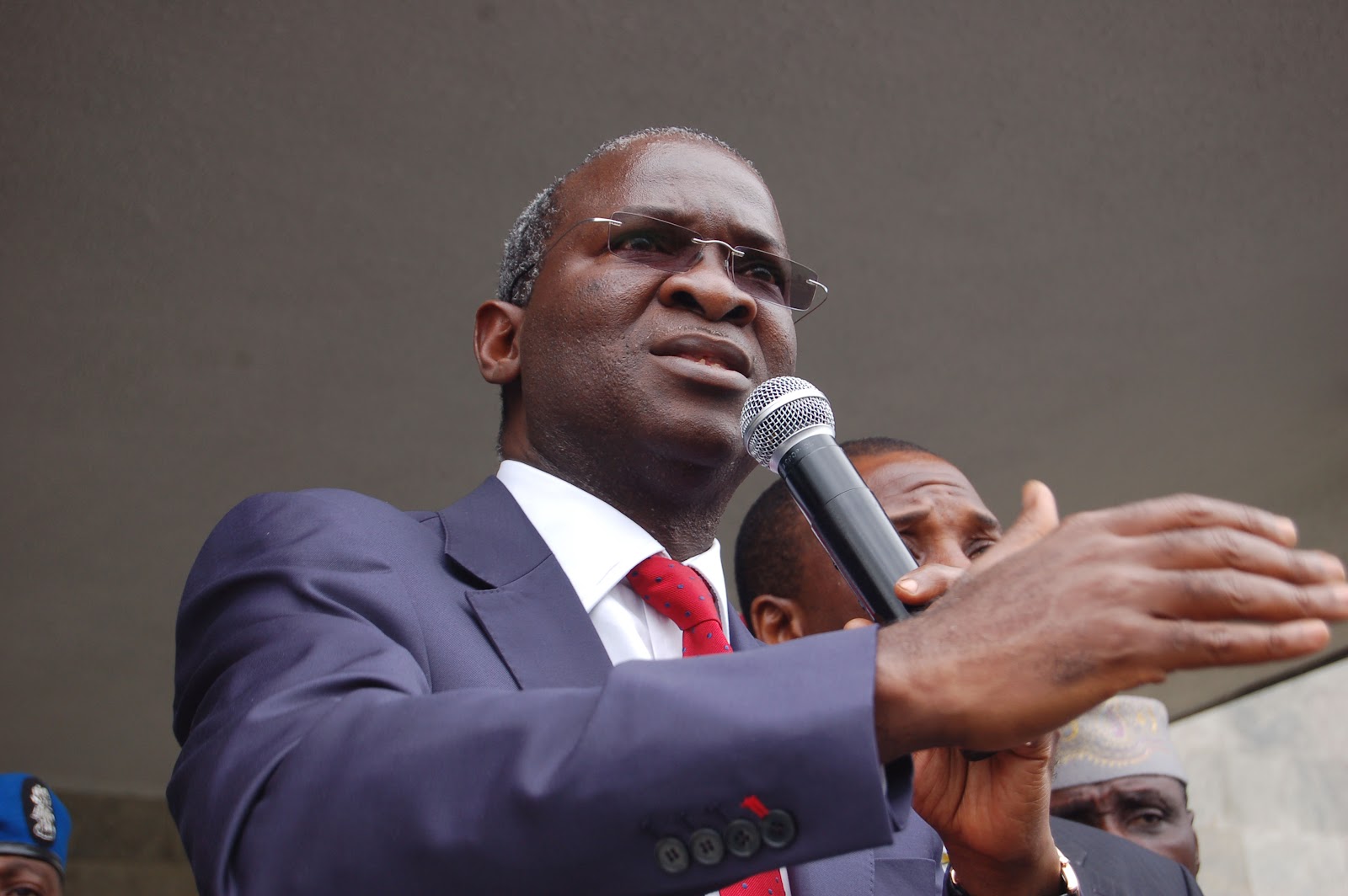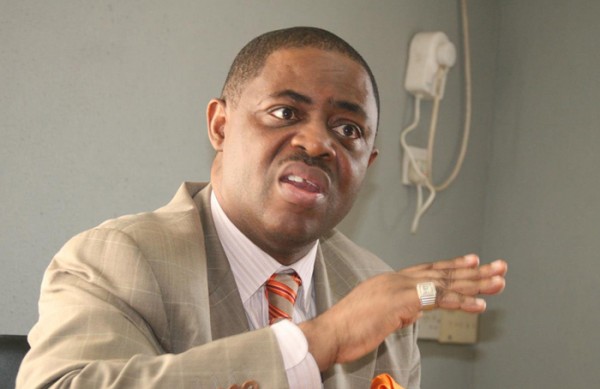Godwin Emefiele, the Central Bank of Nigeria (CBN) governor, says he will not leave a legacy as someone that supervised the death of any bank in the country.
Emefiele said this on Tuesday while speaking at an interactive session with chief executive officers and other top executives of private sector firms in Lagos.
He spoke on the theme: “The Nigerian economy in 2015: A review of recent developments in oil price and Nigeria’s foreign exchange market.”
He was responding to remarks by one of the participants that he should suspend banks allegedly encouraging unhealthy practices in the forex market.
Advertisement
According to Emefiele, such a move might cause panic in the system.
“I will try as much as possible not to suspend a bank, but we would try as much as possible to try to make them do the right thing. You see, I don’t want to leave a legacy of somebody who killed a bank. It is very simple. All I need to do is to ban them from the forex market from one week and there is going to be a run on the bank. But my responsibility today is to create financial system stability by ensuring that we support the banking and financial system so as to grow the economy,” he said.
He explained that naturally, if oil prices go up, the external reserves would also appreciate, adding that Nigeria is not the alone among countries that have suffered depreciation or revaluation in their currencies.
Advertisement
“Beginning from Russia, whose currency has lost 40.3 per cent, Brazil and others. What we did was to look at 26 countries in the emerging market. Are you looking at Chile, Columbia? These are part of the emerging economies. I am not saying it is normal, but I am saying that sometimes this should be expected as a fallout of drop in commodity prices in the world.
“We have seen the pressure in the forex market arising mostly for the lopsided dependent on imports. Today in Nigeria, toothpick, tomato paste, furniture, rice, sugar, fish, petroleum products are all being imported into Nigeria.
“Perhaps, I want all of us to know that if we import one cent worth of toothpick, it impacts on the reserves. So, why should we be seen to be importing items that can be produced locally? I must give credit to the cement industry. The lesson from that sector is that if we are committed to a course, we can improve our economy. Some years ago, we were importing cement and the list of items of import in Nigeria, cement used to rank among the highest. Up to three years ago, we were importing cement in Nigeria, but today, we are not only producing cement for our local production, we have started to export cement and Alhaji Dangote is at the forefront of that,” he added.
He also threatened to ban the importation of certain goods and products that can be produced in the country.
Advertisement
“We are not going to ban the importation of rice, but we are going to say we would no longer provide foreign exchange if you want to import rice into this country. If you want to use you dollars that you got from somewhere else to import rice, no problem! But with the way we are going, we would not allocate foreign exchange for you to import rice. The same way we would graduate it to other products.
Add a comment






